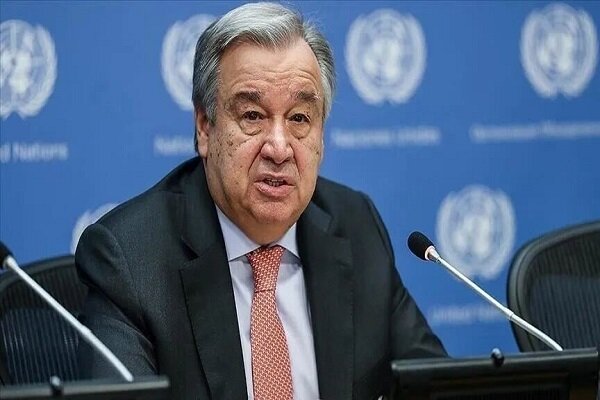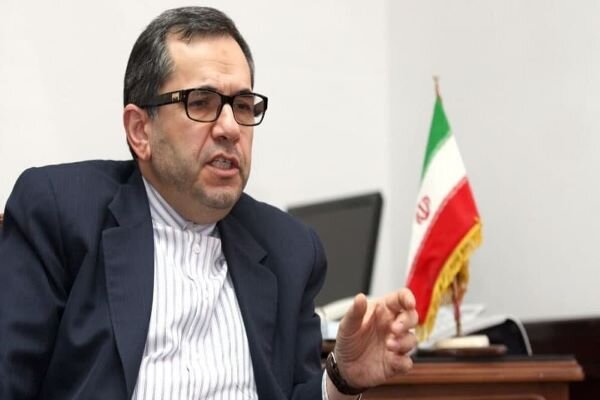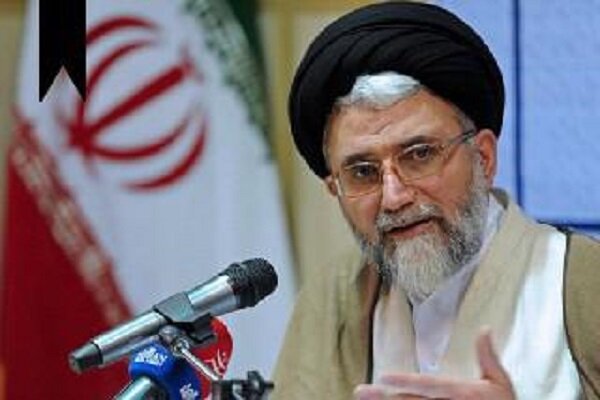UN Chief Sounds Alarm on ‘Ethnic Cleansing’ Amid Trump’s Controversial Gaza Takeover Proposal
Donald Trump’s recent proposal for a US takeover of Gaza has ignited significant controversy and backlash from regional allies, while garnering support from Israel’s far right. This contentious plan has raised alarms about the potential for ethnic cleansing, as expressed by UN Secretary-General António Guterres. His comments came after Trump suggested he wanted to “own” Gaza and resettle its Palestinian residents in other areas.
Following Trump’s shocking announcement during a meeting with Israeli Prime Minister Benjamin Netanyahu, there was an unprecedented wave of international outrage. Key responses included:
- Germany: Warned that the plan violates international law.
- Brazil: Described the proposal as “incomprehensible.”
- China: Opposed any form of “forced transfer” of Palestinians.
Despite the global criticism, Trump remained unperturbed, asserting during a press conference that “everybody loves [the plan].” His comments came during the swearing-in ceremony of his new attorney general, Pam Bondi. Within Israel, however, his proposal found enthusiastic support among far-right factions, who see it as a way to eliminate Palestinian governance in Gaza.
In a subsequent interview with Fox News, Netanyahu praised Trump’s idea, stating, “This is the first good idea that I’ve heard. It’s a remarkable idea and should be examined and pursued, as it could create a different future for everyone.” This endorsement highlights a significant divide in the region, where Trump’s vision for a “Riviera for the Middle East” has been criticized for its implications of ethnic cleansing.
Trump’s plan essentially suggests relocating Gaza’s 2.3 million residents to neighboring countries like Egypt and Jordan, which are heavily reliant on US aid. The White House press secretary, Karoline Leavitt, clarified that the plan does not imply military intervention, despite Trump’s remarks about possible military action if deemed necessary.
Saudi Arabia quickly rejected Trump’s proposal, emphasizing its “unequivocal rejection” of any initiatives aimed at displacing Palestinians. Crown Prince Mohammed bin Salman has previously stated that normalizing relations with Israel is contingent upon establishing an independent Palestinian state.
Similarly, Jordan’s King Abdullah has made it clear that he opposes any plans to annex land or displace Palestinians. With Jordan already hosting over 2.7 million Palestinian refugees, the idea of accepting more under duress poses a significant risk to regional stability.
Egypt’s government also voiced its opposition, insisting that reconstruction efforts in Gaza must occur without forcing Palestinians to leave their territory. President Abdel Fatah al-Sisi and French President Emmanuel Macron labeled any “forced displacement” as unacceptable, warning that it would violate international law and undermine the two-state solution.
Trump seemed to anticipate such backlash, expressing confidence that both Jordan and Egypt would ultimately cooperate due to their reliance on American support. “The king in Jordan and the general in Egypt will open their hearts and give us the kind of land we need to get this done,” he stated during his press conference.
These developments come at a critical time, as negotiations for a new ceasefire agreement in Gaza are underway. Concerns have been raised that Trump’s comments could jeopardize ongoing discussions, especially since the current ceasefire agreement is set to expire at the end of the month. A spokesperson for Qatar’s foreign ministry indicated a focus on extending the existing agreement rather than entertaining new proposals.
Within Israel, the reaction to Trump’s comments has been mixed. Far-right leaders like Bezalel Smotrich have celebrated the potential for US intervention, viewing it as a means to eliminate the idea of a Palestinian state altogether. Smotrich remarked, “This plan would finally bury, with God’s help, the dangerous idea of a Palestinian state.”
Rival far-right leader Itamar Ben-Gvir suggested that Trump’s proposal would make ceasefire discussions unnecessary. He encouraged immediate action to facilitate the migration of Gazans as part of a post-conflict strategy.
However, not all Israeli politicians are on board with Trump’s plans. Some left-leaning figures have openly criticized the proposal, labeling it a “nightmare for Israel.” Gilad Kariv from the Democrats party and Ayman Odeh from the Joint List expressed strong opposition, arguing that such a transfer would not ensure security.
In Gaza, Hamas officials have voiced their determination to resist any attempts at displacement. Basem Naim, a member of Hamas’s political bureau, emphasized that Palestinians have shown resilience against prolonged attacks. He stated, “What the occupation has failed to do, no American administration or power in the world will succeed in implementing.”
This situation continues to evolve, with significant implications for regional stability and the future of Israeli-Palestinian relations. As discussions progress, the international community will be closely monitoring the developments surrounding Trump’s controversial proposal.






